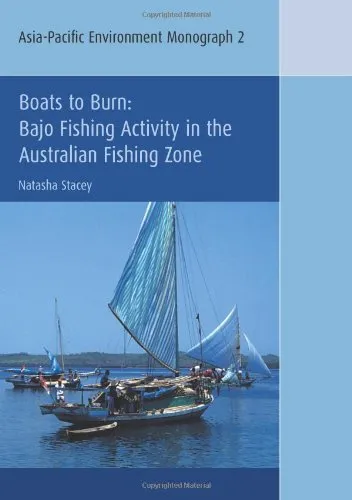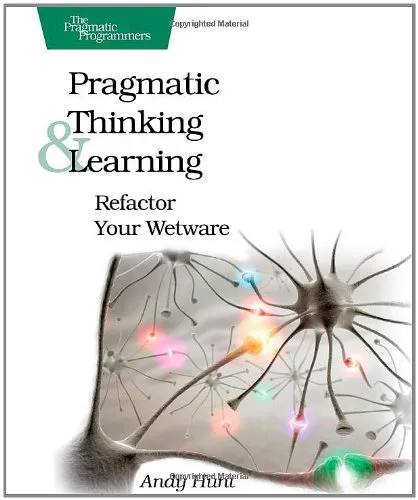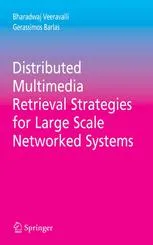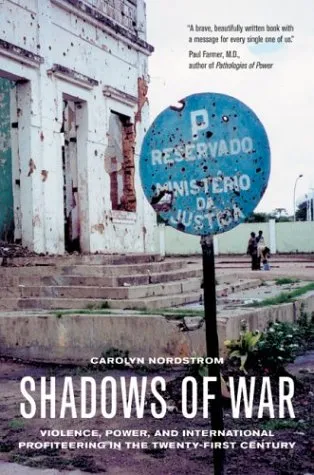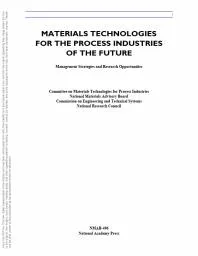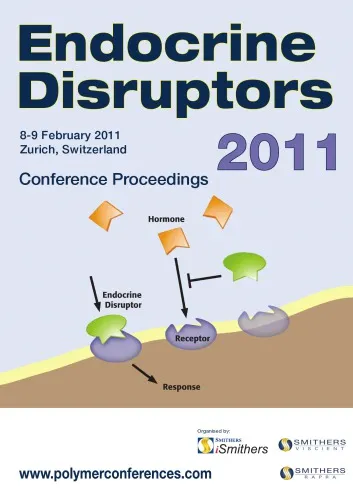Boats to burn: Bajo fishing activity in the Australian fishing zone
3.9
Reviews from our users

You Can Ask your questions from this book's AI after Login
Each download or ask from book AI costs 2 points. To earn more free points, please visit the Points Guide Page and complete some valuable actions.Related Refrences:
Introduction to "Boats to Burn: Bajo Fishing Activity in the Australian Fishing Zone"
"Boats to Burn: Bajo Fishing Activity in the Australian Fishing Zone" by Natasha Stacey insights into the intricate socio-economic and cultural dimensions of the Bajo fishers, a sea nomadic community from Indonesia. This book delves deep into the challenges and changes this community faces as they navigate through legal, environmental, and socio-political tides in Australian waters.
The Bajo fishers have a rich history of seafaring traditions that span centuries, and their interactions with Australian maritime zones prompt discussions on indigenous rights, marine conservation, and transnational fishing laws. This book provides a comprehensive exploration of these dynamics while addressing broader themes of globalization and sustainability.
Detailed Summary of the Book
"Boats to Burn" starts by contextualizing the historical relationship between Indonesia and Australia, specifically through maritime interactions. Natasha Stacey meticulously documents how the Bajo fishers, known for their traditional ecological knowledge and fishing skills, have historically navigated the waters between their home in Indonesia and the northern Australian zones.
As the book progresses, it covers the shifting political landscapes and policies that impact the Bajo community's way of life. These policies often present challenges, as the Bajo fishers find themselves caught between maintaining traditional practices and adhering to contemporary legal frameworks set by the Australian government. The enforcement of these laws sometimes leads to tension typified by the burning of confiscated boats, which symbolizes broader conflicts between traditional practices and modern realities.
The book concludes by examining potential pathways for mutual understanding and cooperative management of marine resources. Natasha Stacey advocates for a balanced approach that respects cultural heritage while addressing pressing environmental and legal concerns.
Key Takeaways
- The Book provides insight into the complex interplay between cultural traditions and modern laws affecting the Bajo fishers.
- It highlights the impact of globalization on indigenous fishing communities and the resulting socio-economic challenges.
- Stacey emphasizes the importance of dialogue and cooperation for sustainable marine resource management.
- The narrative underscores the role of historical context in understanding contemporary policy issues.
Famous Quotes from the Book
"In the clash between tradition and modernity, the ocean remains a constant, yet ever-changing ally."
"Every burned boat tells a story of struggle, survival, and the resilience of a community at sea."
"The Bajo fishers are more than traders; they are custodians of an ancient maritime culture."
Why This Book Matters
"Boats to Burn" is a significant contribution to the fields of anthropology, environmental studies, and transnational maritime law. Natasha Stacey's work serves as a critical reminder of the importance of recognizing and valuing indigenous knowledge systems. The book calls for policymakers, scholars, and the general public to consider the human dimensions of marine conservation efforts.
By bringing the stories and struggles of the Bajo fishers to the forefront, Stacey not only illuminates a critical international issue but also advocates for respectful intercultural dialogue. This dialogue is essential in crafting sustainable solutions that honor both tradition and progress.
Free Direct Download
You Can Download this book after Login
Accessing books through legal platforms and public libraries not only supports the rights of authors and publishers but also contributes to the sustainability of reading culture. Before downloading, please take a moment to consider these options.
Find this book on other platforms:
WorldCat helps you find books in libraries worldwide.
See ratings, reviews, and discussions on Goodreads.
Find and buy rare or used books on AbeBooks.
1287
بازدید3.9
امتیاز0
نظر98%
رضایتReviews:
3.9
Based on 0 users review
Questions & Answers
Ask questions about this book or help others by answering
No questions yet. Be the first to ask!
